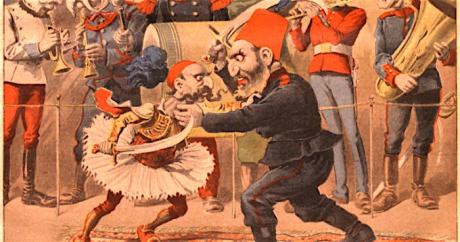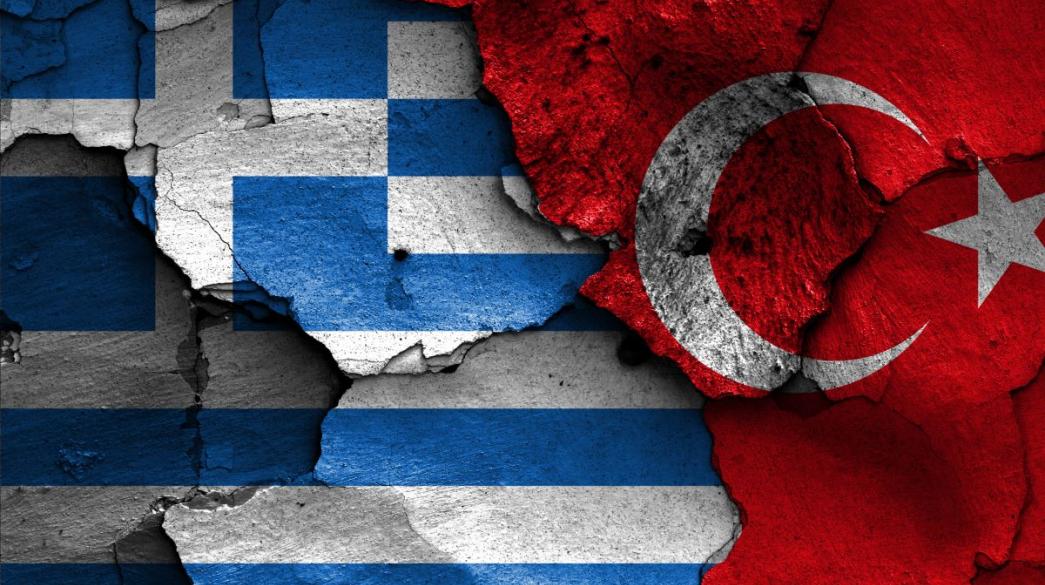By Ilias Siakaras,
When it comes to interpreting a relationship with many conflicts between two countries, as a delicate issue, there are some obscure details that are so crucial, as to underline what affects both sides. From my viewpoint, these details are being associated with psychology as well as with modern beliefs on what constitutes a nation as ‘‘dominant’’.
First and foremost, a detail that most people forget and helps to explain ethnicism lies in the fact that eastern nations, such as Turkey, have entered into the western world with a substantial delay then they isolate; something that can explain the conservative belief that some people even fear of the “new” that holds them back from being integrated into the European Union and its viewpoint. To elaborate, this conservation has been embedded in Turkish people’s minds. We also need to take into account that Kemal Ataturk rebirthed Turkey’s infrastructure, along with its army and the United States of America’s dominance in the field of battle, which is being described as militarism; this might be an alternative explanation, that only ethnicism from both sides led to this rivalry. What can be derived from the above, is that Greek and Turkish people do not have different interests, but they are being influenced by colonialism and militarism, depicting an idea that makes a country great through conquering the land.

It would be an omission if a psychological aspect of this relationship was not mentioned, since Greeks and Turks are both humans with passion and empathy as inherent characteristics. To be precise, when Greek citizens frequently see symbols of Kemal Ataturk when they visit Turkey, it is a threat to them, since they assume that the idea of Turks extending their national borders is still present, especially when they live nearby those borders, where Turks are trespassing through the Aegean Sea. However, this adverse situation is not a new one. Dated back in 1996, when the Imia conflict with both governments did not try to focus on substantial negotiations, but they underline that the one side is threatening the other with huge red letters, which are emphasizing the threat, a method that is beneath conscious awareness and lies in the analysis of a psychological aspect of media. In addition to that, regarding the latter, ask yourselves how many movies you have seen with the war between the Turkish and the Greek, and how many with a peaceful relationship between those two nations, despite that both were living in the same place peacefully for hundreds of years.
From the aforementioned, it could be deducted that such complex and sensitive matters have to be approached with a multifactorial viewpoint, considering that a nation is constituted by people who are from their essence complex. Hence, if we could not grasp this concept, we could not grasp their bonds.
References
Trapped into fantasies: on the recent escalation of Greco-Turkish relations, Libcom.org. Available here.




